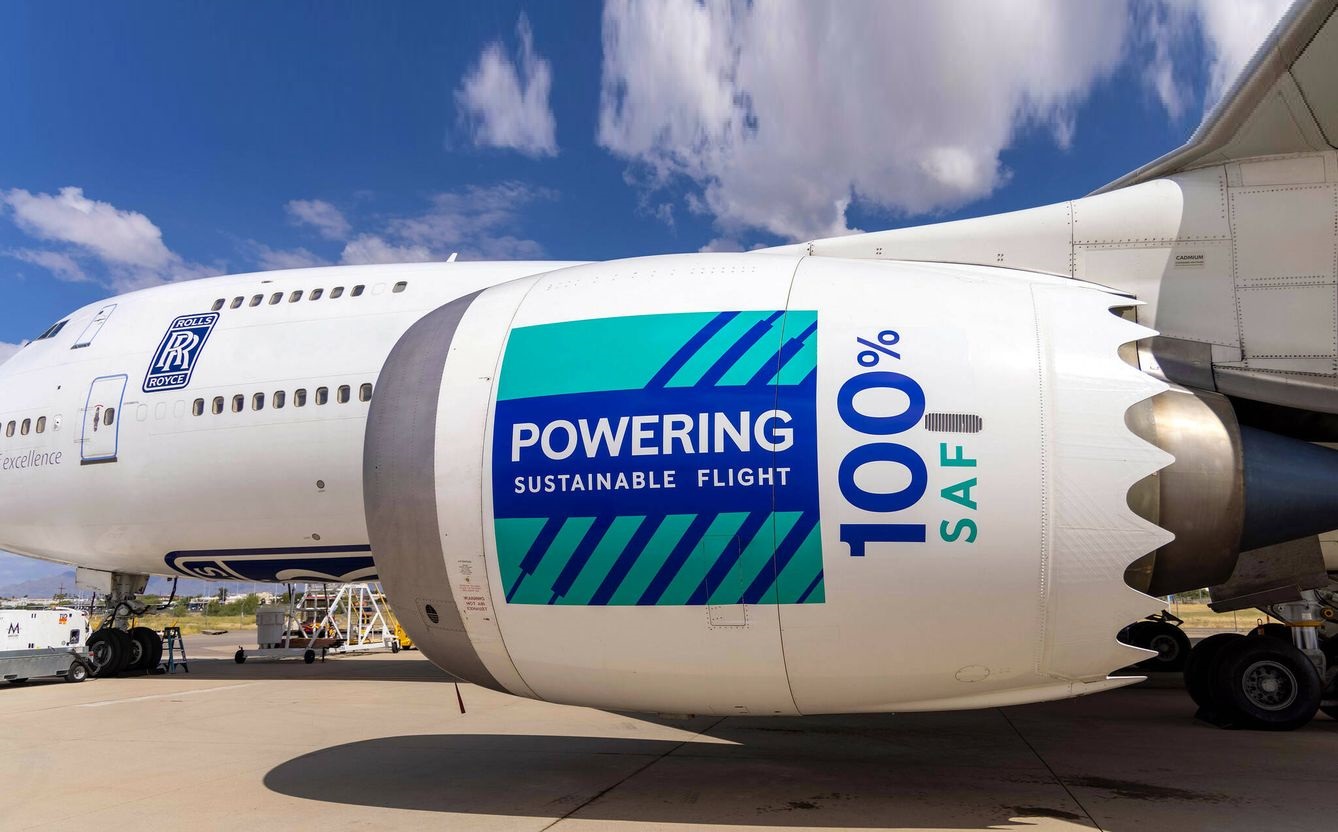
By early next year, airlines in the EU will be required to use 2 per cent Sustainable Aviation Fuel (SAF) in their fuel mix, rising to 6 per cent by 2030 and 70 per cent by 2050. While this may initially ensure sufficient demand for European refineries, China may be overwhelming Europe’s scarce biofuel production capacity with its exports of cheap biofuels.
Not surprisingly, Shell announced at the end of June that it was suspending construction of a plant in Rotterdam, which would result in non-cash losses of up to $2 billion this quarter:
“Shell will temporarily halt construction work on its 820,000 tonne per annum biofuels plant at the Shell Rotterdam Energy and Chemicals Park to address project delivery and ensure future competitiveness, given current market conditions”, the company said in a statement.
In June, Transport & Environment (T&E) also revealed that European countries were importing almost all their used cooking oil (UCO) biofuel, with the UK in particular consuming around 15 times more UCO (1.93Mt) than the 0.13Mt it collected last year. However, the inconsistency between the collection of biofuel feedstocks (such as UCO) and China’s biofuel export figures (as well as those of nearby Indonesia and Malaysia) makes it clear that imported biodiesel and SAF feedstocks are not what they are meant to be.
“The impact of the recent flood of cheap, allegedly fraudulent biodiesel from Asian countries such as China and Malaysia is a prime example of how imports can completely destabilise the market”, explained Cian Delaney, campaigns coordinator at Transport & Environment, in an interview.
Palm oil is more energy-rich than other oils, and its producers can apply the efficiencies, standardisation and scalability of agriculture. While it is not surprising that biodiesel and PBS made from palm oil are drastically cheaper, it is considered more polluting than fossil diesel, emitting a similar amount of CO2 at the funnel and requiring extensive deforestation, undermining the case for its use.
“It’s hard to imagine a company in the industry taking on a $2bn cost for a product if they really believe in it”, says Delaney. “Oil giants such as Shell, BP and Chevron are starting to back away from biorefinery development because of the lack of profitability and predictability in the market”, he concludes.